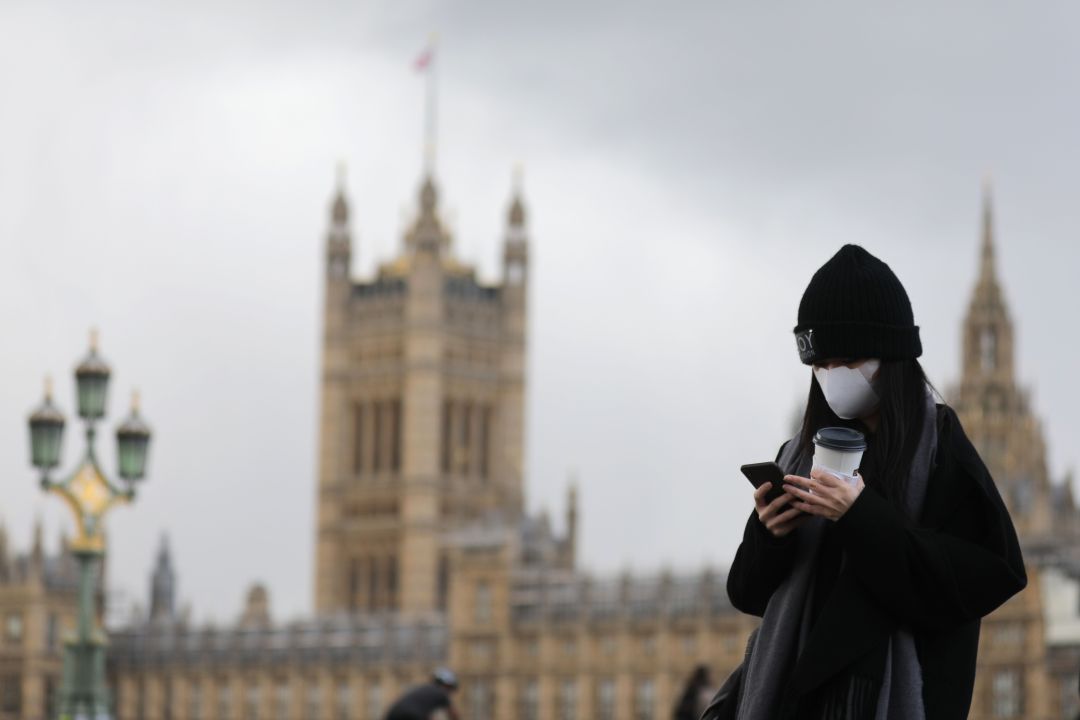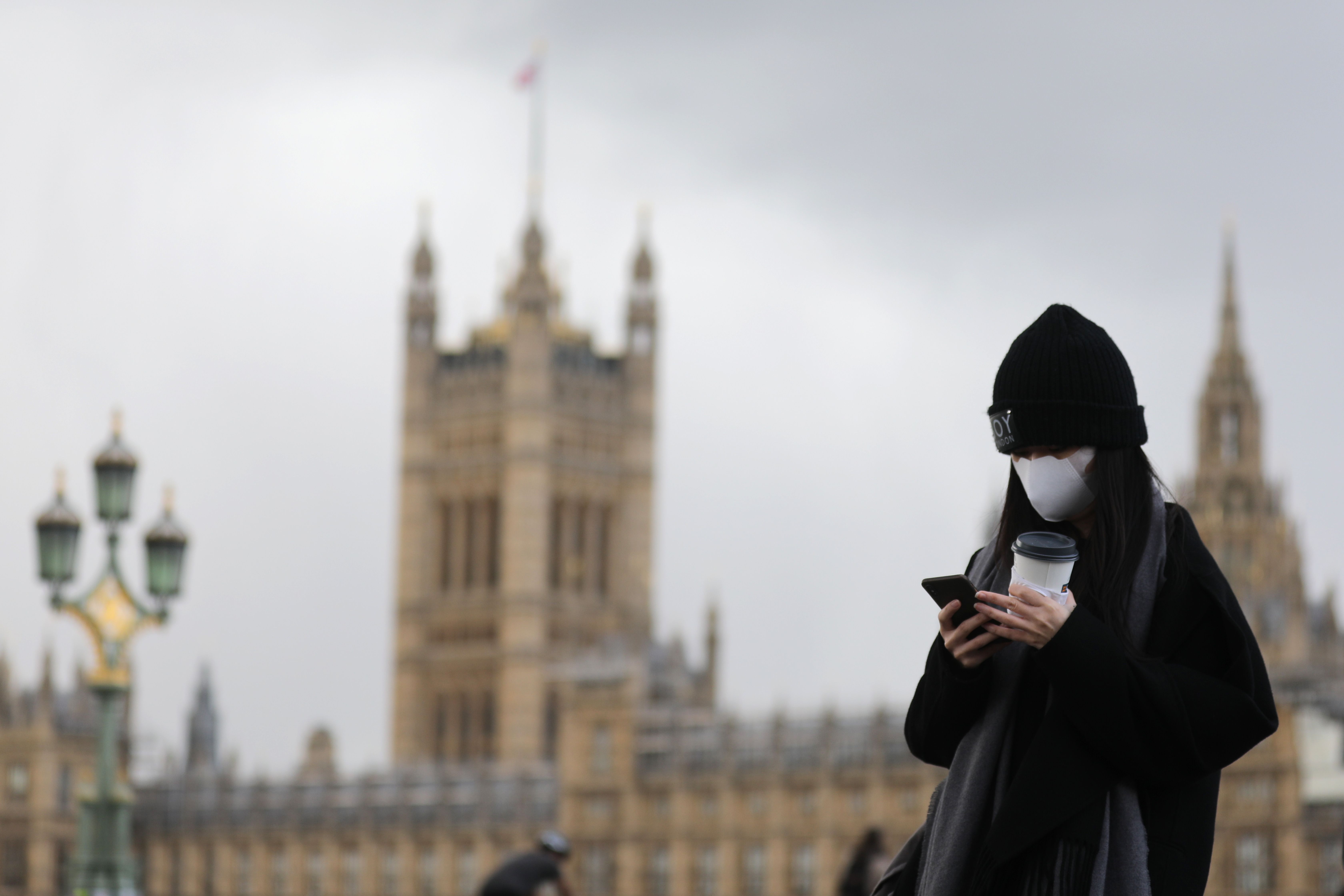This is a time for generosity and kindness; a moment for the cutting of slack and the making of allowances. These are, as most people now accept, unprecedented times. A great disruption to ordinary life that eclipses the two other great shocks to the system experienced this century. 9/11 and the great crash of 2008 were, in their different ways, man-made calamities. This is a beast of a different order altogether.
And that, I think, should prompt a reappraisal of our political leaders. To say they are making it up as they go is not a criticism but, rather, obvious reality. What else can be expected in these circumstances?
None of which is to say there are no questions to be asked or that scepticism about the extent and likely efficacy of the government’s proposals are somehow impermissible or unreasonable. That scepticism should be tempered by patience, however. The financial measures announced by the Chancellor yesterday are a start, not the finished article. More will be added in the days and weeks and, heaven help us, months to come.
In that respect, complaining about what was not there – direct assistance to renters, freelancers, and so much else – is to carp at the trees of detail while ignoring the wood of the much bigger picture. The signal is more immediately vital than the minutiae which will, we must trust, come later.
For it must come and, whatever else one might think about the government’s sometimes clumsy handling of this situation, there does appear to be a recognition that more help, more tangible assistance, will be coming soon. Government is never as easy as people like to think, however, and it is more desperate than usual right now. Choices are often between disagreeable alternatives and never more so than in times of heightened anxiety. Closing the schools has an upside but comes with downsides too and, importantly, vice versa. The appropriate balance of risk and reward is not easily struck.
If Boris Johnson still has the look of a man ambushed by reality, there is no reason to suppose he’s not taking his decisions in good faith and with the best of intentions
So be a sceptic by all means, but be one motivated by the right reasons, not the wrong ones, remembering that every decision taken right now involves trade-offs and that striking the right balance is a little more complicated than the great mass of experts polluting social media might have you believe.
Trust is a precious commodity and it may be asking a lot to demand the public place their faith in politicians for whom they have no great enthusiasm. Nevertheless, we are where we are and not where we might wish to be and the alternative to that trust is rumour, cynicism, selfishness and stupidity. None of which, I think it should be clear, is helpful.
It is possible for politicians to reassure while being frank about the uncertainties ahead. Yesterday, as she frequently has during this crisis, Nicola Sturgeon struck precisely the right tone, telling the Scottish parliament:
‘I am a politician to my fingertips, but I have never been less interested in party politics than I am right now. In the battle against the virus and what we will face in the months to come, we are all on the same side, and we should never forget that. I accept and understand the importance of robust scrutiny, which is as important now as it is at all times. We are in a common endeavour, and it is important that we recognise that. We have never faced a situation like this, so I will do something else that is perhaps not normal for a politician. I say candidly that we will make mistakes: we will not always get it right, but we will strive at every turn to do the right thing, for the best reasons and in good faith.’
For his part, Jackson Carlaw, the leader of the Scottish Conservative and Unionist party, had this to say and it is, I think, worth quoting at some length:
‘Just a fortnight ago, I made it clear that the Scottish Conservatives would offer our full support to the First Minister and her Government as they respond to the coronavirus emergency. I did not do that lightly. Ten years ago, I shadowed Nicola Sturgeon when she led, as health minister, the national response to a previous epidemic, so whatever political differences we might otherwise have — God knows that they are many — I have every confidence in her leading the country’s response to the crisis, at this time.
‘It is not the time for Opposition parties to exploit our situation or to use partisan and pejorative rhetoric against the efforts that are being made. To those who are venting against the United Kingdom Government or directly to me about “Sturgeon’s Government”, let me be clear: for now, the Scottish Government is a Government for us all, just as the Government in Westminster is a Government for us all.
‘Will mistakes be made? Possibly. Will our response at times be slower than we would wish? Probably. After this is all over, we can learn from our experience and prepare ourselves for any future event.
‘For now, I am clear that the Scottish Conservatives will stand with the First Minister. I assure her that the questions that we will ask will be measured and entirely designed to inform and not to hinder the national effort that she is leading and that we all place our trust in the advice that is received from qualified professionals.
‘As both the Prime Minister and the First Minister have said, we are all in this together. This Conservative party, in this Parliament, will stand together with the Scottish Government.’
That too struck precisely the correct tone; that too sent the right signal. Like faith, trust is not blind. It accepts mistakes will be made – how could they be avoided? – but accepts these mistakes will be made honestly and in the pursuit of the most proper goals. Policy adapts as circumstances change and only blowhards believe it was always obvious that X or Y should have been done from the start and that a policy of A, B or C represents the placing of sectional interest above national wellbeing.
It is Boris Johnson’s great misfortune that in tone and manner his speech is that of an entertainer or raconteur, not that of a statesman. He is the master of the shaggy-dog story and his speaking style, even now, cannot quite escape that. In this crisis, his statements often read better than they sound. If he still has the look of a man ambushed by reality, there is no reason to suppose he’s not taking his decisions in good faith and with the best of intentions.
None of that requires you to forgive him for his past faults and sins (if such you consider them), merely to acknowledge these are, in this present crisis, largely irrelevant. This, it should be said, would be the case no matter who happens to be in Downing Street. Even in terms of our current predicament, there is little advantage in clinging, resentfully, to what you consider to be mistakes made in its opening exchanges; what matters, more than anything else, is what is done now. The time for a full audit can wait.
In general, those of us in this game are not inclined to charity but this is a moment for it nonetheless. If that means extending charity to those for whom we ordinarily have little time then so be it. That will not end this crisis but it might just make it a little less poisonous than it might otherwise be.
As Leo Varadkar, the Irish Taoiseach, said in an excellent St Patrick’s Day address to the Irish people yesterday, ‘This is the calm before the storm – before the surge.’ This is but the end of the beginning of this emergency and it is understandable that many people are afraid and uncertain and worried about what might come next and how we may cope with it.
Much will be asked of us in the weeks ahead but perhaps the biggest demand, and the one that runs most thoroughly against the grain of modern public life, is that we place some trust in our elected leaders and those experts who advise them. That is in no way easy but the cost of that charity is swamped by the price to be paid in its absence.








Comments